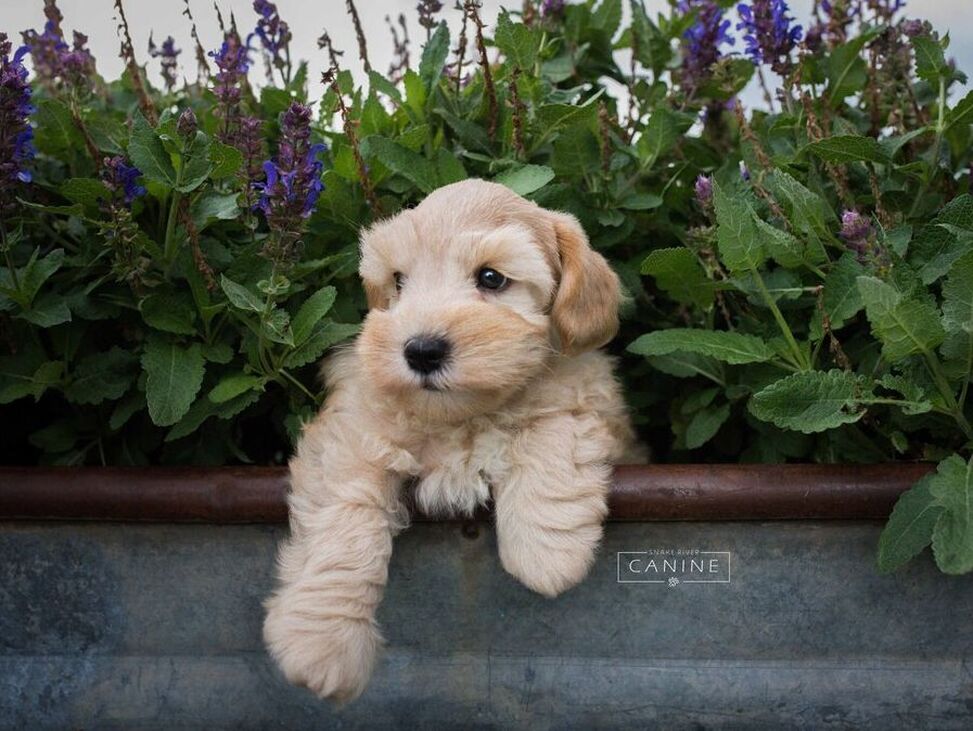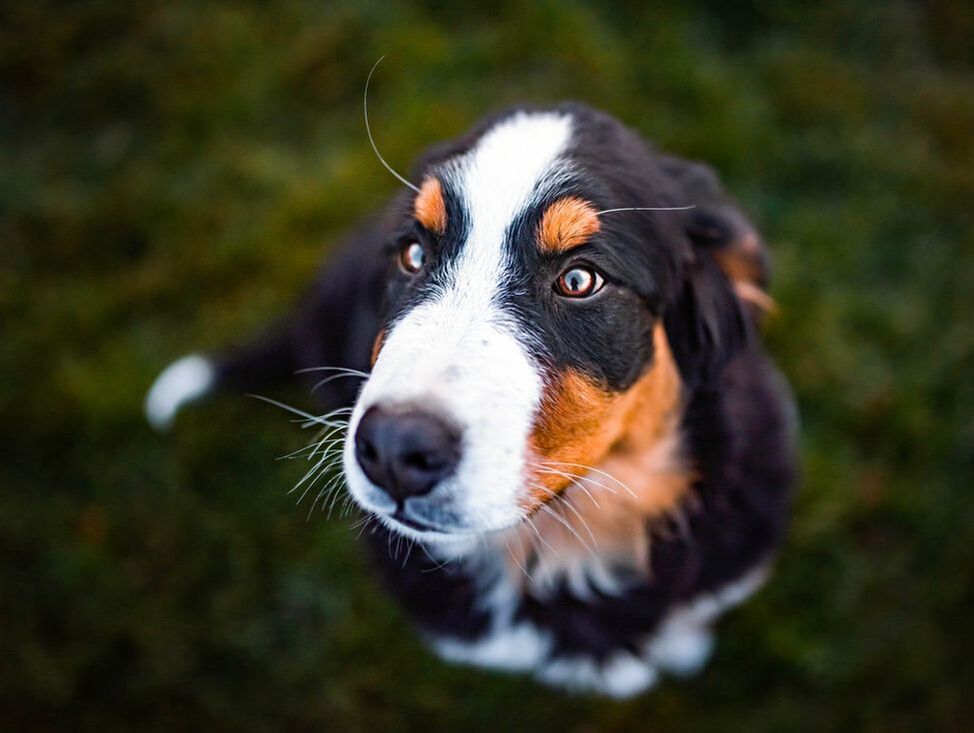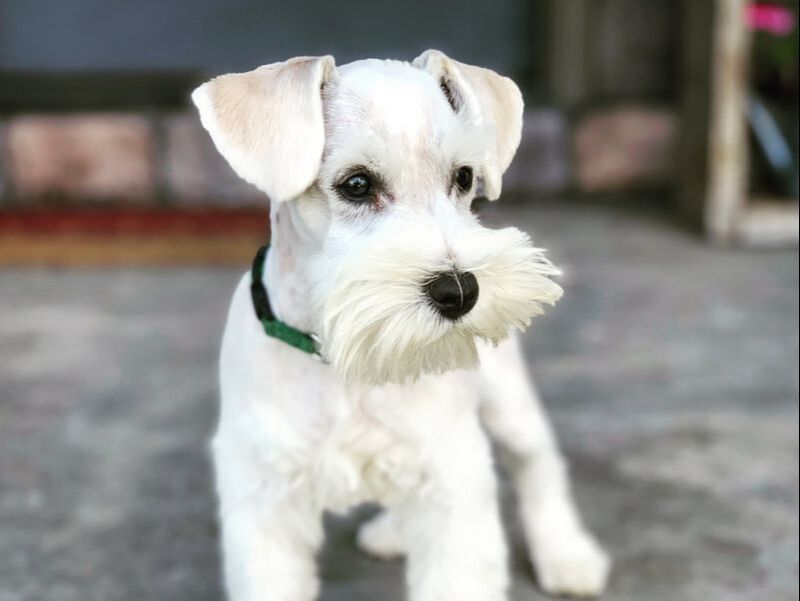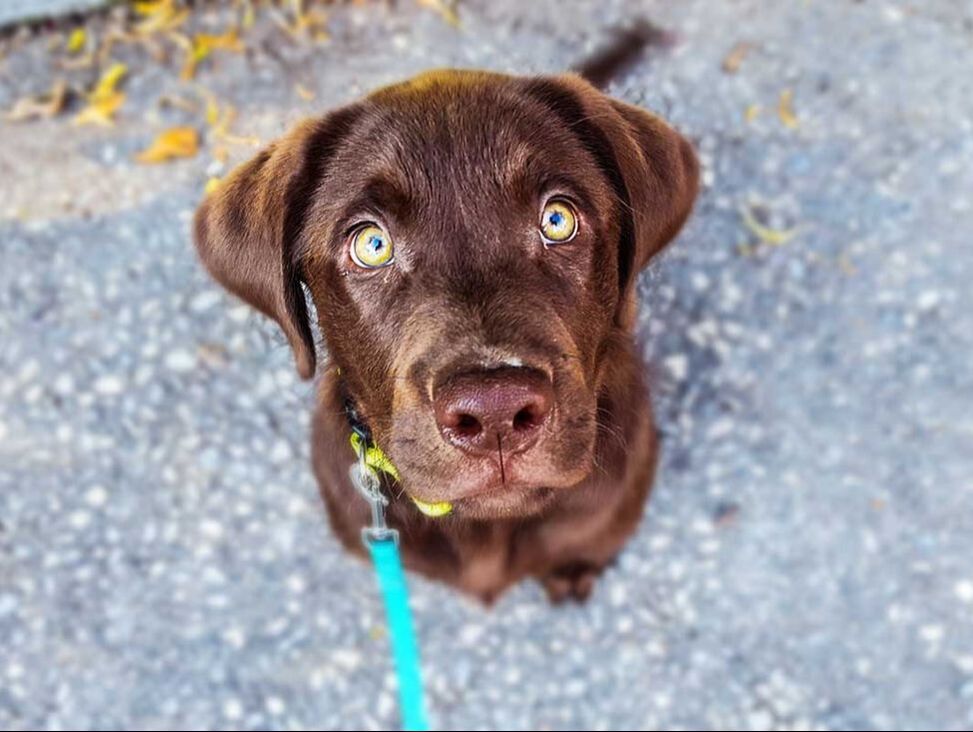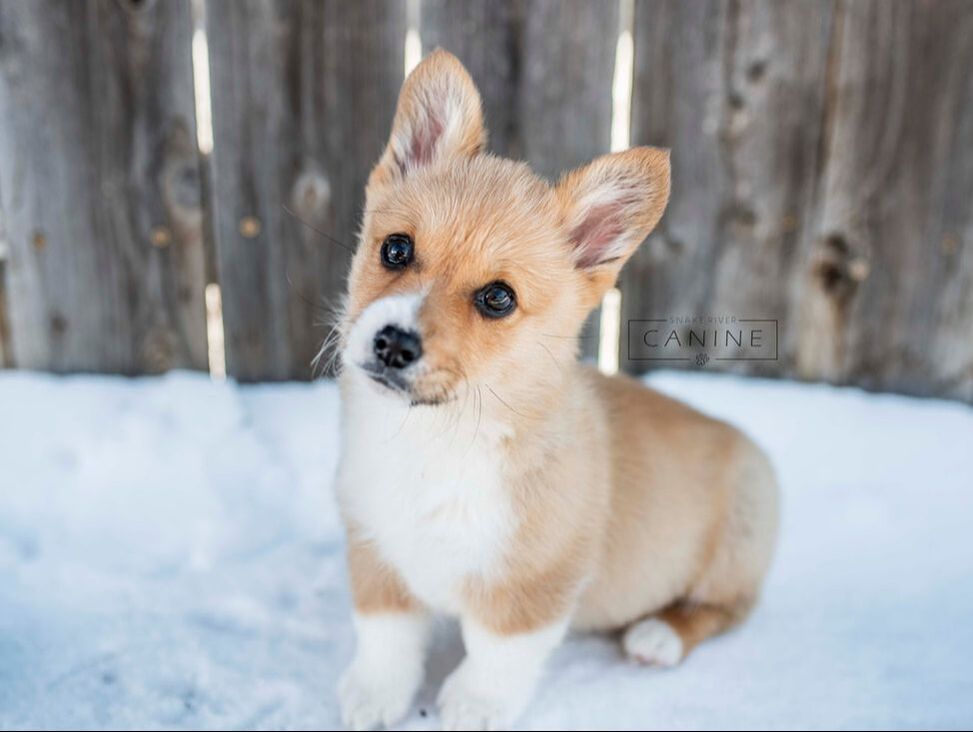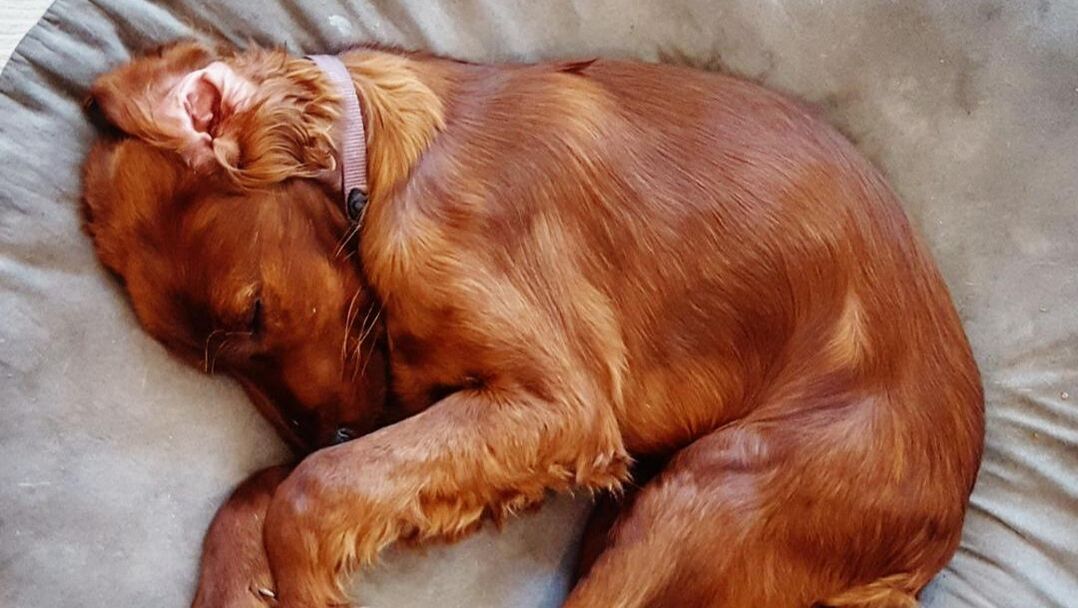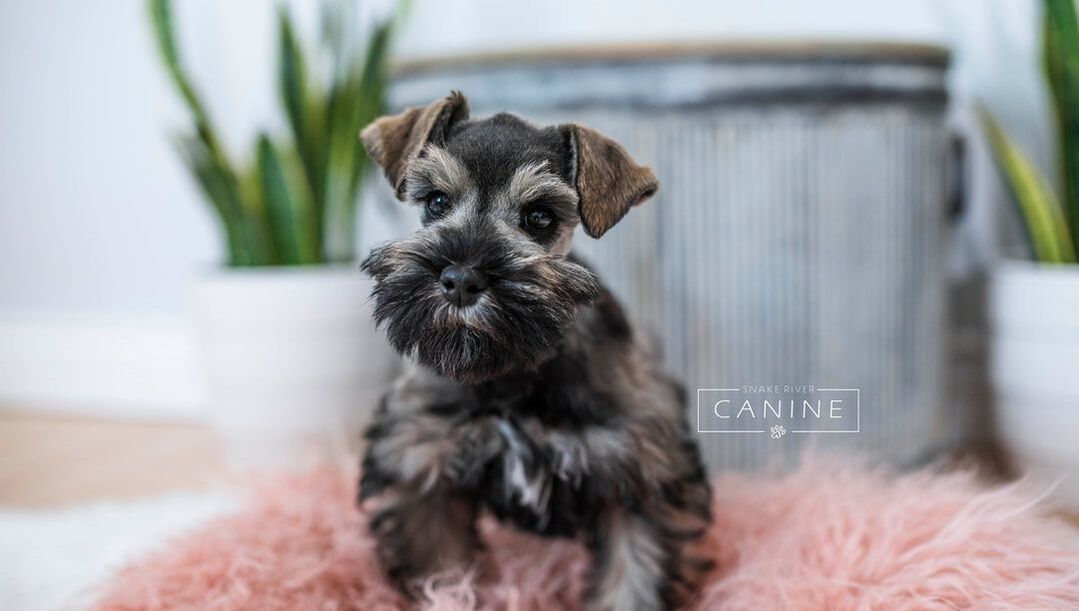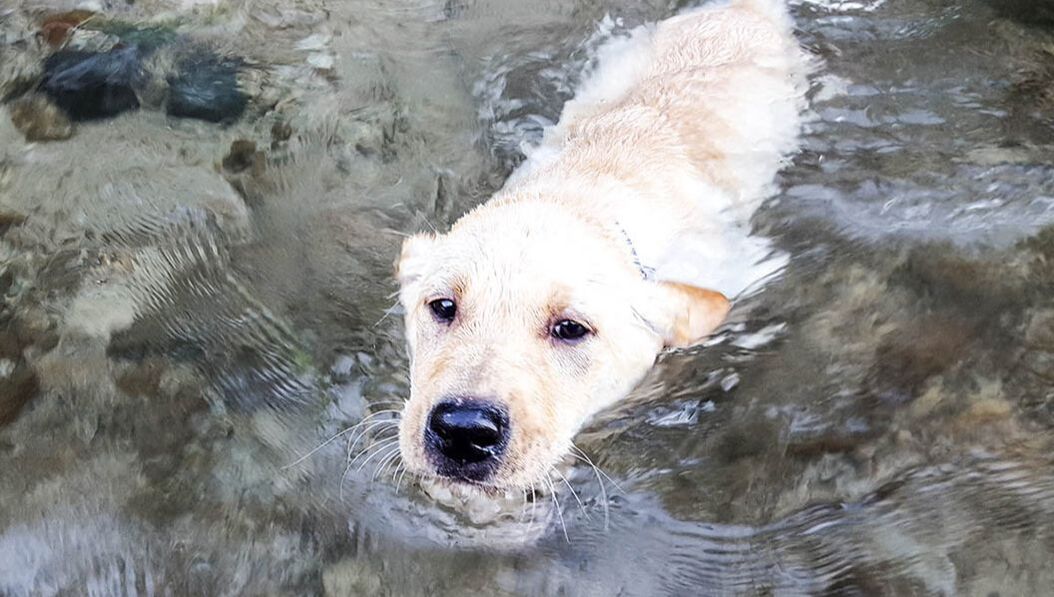Welcome to our training page! Our focus is basic obedience, socialization, and kennel training. We have also worked with scent detection, service dog tasking, herding, and roller blade and bike training (yes, you read that correctly, lol).
We try to make our dogs in training their “best selves” which means that what works best for one breed or puppy may not work for the next. One breed or puppy may excel at hunting while another may excel in service or therapy behaviors. Whatever our puppies do best, that is what we promote all while focusing on our basic training program. We do our best to discover and build upon the strengths of each individual puppy and tailor our training to their individual needs rather than the other way around.
Over the years we have worked with many different individual dogs and breeds. Our puppies are started on basic training at an early age with a focus on making their training enjoyable and fun for them. Our puppies are part of our home and are put on a predictable schedule that helps with overall training and development. Check out the list below to see the specific things we focus on with our puppy training.
We try to make our dogs in training their “best selves” which means that what works best for one breed or puppy may not work for the next. One breed or puppy may excel at hunting while another may excel in service or therapy behaviors. Whatever our puppies do best, that is what we promote all while focusing on our basic training program. We do our best to discover and build upon the strengths of each individual puppy and tailor our training to their individual needs rather than the other way around.
Over the years we have worked with many different individual dogs and breeds. Our puppies are started on basic training at an early age with a focus on making their training enjoyable and fun for them. Our puppies are part of our home and are put on a predictable schedule that helps with overall training and development. Check out the list below to see the specific things we focus on with our puppy training.
Our puppies work on the following:
|
|
Our goals for each of the following areas of training are as follows:
Kennel Training: Puppy will be able to spend at least 8 hours at night and 2-3 hours in the kennel during the day with minimal noise and no accidents. We do our best to make sure our puppies enjoy the kennel and not resent their time spent in the kennel. If done properly, a dog will learn the kennel is their “den” and will use it on their own accord (if given the opportunity) to rest and relax.
Pre-Potty/House Training: One of the biggest requests we get is for our puppies to be house trained. Our puppies are put on a daily schedule and we abide to realistic time frames dependent upon the age of the puppy for them to “hold” their bladder and bowels (meaning we take our younger puppies out to potty much more often than the older as well as not leaving them in the kennel beyond what they are capable of doing.) We do not, however, guarantee any of our puppies to be fully house trained when going on to their new homes. Puppies (and adult dogs for that matter) must always go through a “re-learning” process when transitioning to a new home and new environment. They must learn their new boundaries and family schedule. Puppies MUST be supervised in the house up to 1 year of age and beyond and must be taken out regularly in order for their training to be effective. We DO get our puppies off to a great start in developing a routine which will help their transition to their new home.
Leash Training: Puppy will walk quietly beside the handler with minimal pulling or walking ahead. Puppy will sit automatically when handler stops, and walk automatically when handler begins walking.
Targeting Training: Puppy is taught to target (or touch) a hand or an object with its nose on command. This training can be transitioned to bell training (for potty training) or can later be used as an “alert” command for Service Dog work.
Basic Obedience: Puppy is able to sit, down, stay, and come on command. Time expectations for young puppies for sit, down, and stay (such as puppy is required to hold each position) is dependent upon the age of the puppy and expectations increase with age.
Socialization: Our puppies are exposed to new dogs and people in a controlled environment to enhance their positive experiences. They are exposed to new sounds and we build their confidence through exposing them to new obstacles and achievable tasks depending upon their age and stage of training. We do not, however, risk our puppy’s health in the name of socialization and are cautious when taking young puppies out to meet new dogs so as not to expose them to unnecessary diseases dependent upon the age of the puppy.
Bathing & Clipping: Our puppies are bathed and clipped regularly depending upon breed necessities to get them used to being groomed and handled.
“Stay Bed” Training: This training is a unique and powerful tool in teaching young puppies patience and the ability to “stay” even with distractions. It involves putting the puppies up on a raised bed and telling them to stay. The raised platform gives the puppies a defined area in which to stay within making the concept much easier to learn. Then, distractions are introduced with greater intensity with time, while the puppy is expected to stay in place on the box. This training helps a young puppy control impulses and quickly teaches them patience. Unlike the obedience commands, a puppy may be asked to stay on the bed for a longer period of time, making it somewhat of a “safe zone” where the puppy can relax and stay in one place while things are going on around them. Surprisingly, the puppies learn to love the bed and have been known to jump on the bed on their own accord because they know it’s boundaries and that it is a place of comfort and safety.
Impulse Control & Waiting at Doorways: Our puppies are discouraged from biting, jumping, and bolting out open doorways. These puppy tendencies can turn into major issues as the dog ages. Though we do not guarantee the puppies will be completely jump and biting free. Those habits are continually worked with during their time with us.
Our puppies are able to “graduate” from the program when they have a basic understanding of the above areas of training.
Kennel Training: Puppy will be able to spend at least 8 hours at night and 2-3 hours in the kennel during the day with minimal noise and no accidents. We do our best to make sure our puppies enjoy the kennel and not resent their time spent in the kennel. If done properly, a dog will learn the kennel is their “den” and will use it on their own accord (if given the opportunity) to rest and relax.
Pre-Potty/House Training: One of the biggest requests we get is for our puppies to be house trained. Our puppies are put on a daily schedule and we abide to realistic time frames dependent upon the age of the puppy for them to “hold” their bladder and bowels (meaning we take our younger puppies out to potty much more often than the older as well as not leaving them in the kennel beyond what they are capable of doing.) We do not, however, guarantee any of our puppies to be fully house trained when going on to their new homes. Puppies (and adult dogs for that matter) must always go through a “re-learning” process when transitioning to a new home and new environment. They must learn their new boundaries and family schedule. Puppies MUST be supervised in the house up to 1 year of age and beyond and must be taken out regularly in order for their training to be effective. We DO get our puppies off to a great start in developing a routine which will help their transition to their new home.
Leash Training: Puppy will walk quietly beside the handler with minimal pulling or walking ahead. Puppy will sit automatically when handler stops, and walk automatically when handler begins walking.
Targeting Training: Puppy is taught to target (or touch) a hand or an object with its nose on command. This training can be transitioned to bell training (for potty training) or can later be used as an “alert” command for Service Dog work.
Basic Obedience: Puppy is able to sit, down, stay, and come on command. Time expectations for young puppies for sit, down, and stay (such as puppy is required to hold each position) is dependent upon the age of the puppy and expectations increase with age.
Socialization: Our puppies are exposed to new dogs and people in a controlled environment to enhance their positive experiences. They are exposed to new sounds and we build their confidence through exposing them to new obstacles and achievable tasks depending upon their age and stage of training. We do not, however, risk our puppy’s health in the name of socialization and are cautious when taking young puppies out to meet new dogs so as not to expose them to unnecessary diseases dependent upon the age of the puppy.
Bathing & Clipping: Our puppies are bathed and clipped regularly depending upon breed necessities to get them used to being groomed and handled.
“Stay Bed” Training: This training is a unique and powerful tool in teaching young puppies patience and the ability to “stay” even with distractions. It involves putting the puppies up on a raised bed and telling them to stay. The raised platform gives the puppies a defined area in which to stay within making the concept much easier to learn. Then, distractions are introduced with greater intensity with time, while the puppy is expected to stay in place on the box. This training helps a young puppy control impulses and quickly teaches them patience. Unlike the obedience commands, a puppy may be asked to stay on the bed for a longer period of time, making it somewhat of a “safe zone” where the puppy can relax and stay in one place while things are going on around them. Surprisingly, the puppies learn to love the bed and have been known to jump on the bed on their own accord because they know it’s boundaries and that it is a place of comfort and safety.
Impulse Control & Waiting at Doorways: Our puppies are discouraged from biting, jumping, and bolting out open doorways. These puppy tendencies can turn into major issues as the dog ages. Though we do not guarantee the puppies will be completely jump and biting free. Those habits are continually worked with during their time with us.
Our puppies are able to “graduate” from the program when they have a basic understanding of the above areas of training.
Prospective owners need to take into consideration that, though our puppies are well trained and socialized, changing homes and families will undoubtedly change a puppy's behavior. New owners must take it upon themselves to ask questions and prepare for their puppy's arrival and intend to continue the puppy's training in the new home. Puppies are like small children and cannot be expected to retain knowledge and skill without continued repetition of good behavior as well as calm assertive discouragement of bad behavior. Puppies need be expected to make mistakes on occasion but will get better the more consistently you practice. You will have a forever friend if you continue on with the training and socialization of a new puppy.

